Intel Comes Back With Windows 11 Compatible Foldable Laptops
3 min. read
Updated on
Read our disclosure page to find out how can you help Windows Report sustain the editorial team. Read more
Key notes
- Were you still looking to purchase a new Windows 11 compatible next-gen device?
- You are in luck because 2022 might be the year you find what you are looking for.
- Intel has decided to hi the market with some pretty impressive gadgets this year.
- Besides all of the improvements for current setups, foldable laptops are also coming.

We’ve started a brand new year, with endless possibilities and a vast array of new technology coming at us from all the companies that you can possibly think of.
And seeing how more and more people are prepared to take the leap to Windows 11 and try out a new experience, hardware manufacturers have to keep up.
Intel, for example, has announced its third-generation update for its Intel Evo certification program at CES 2022.
The company added some new requirements for better video calls for future devices, expanding the certification to include larger and more powerful laptops and even some new foldable designs.
So, if you were still looking for a Windows 11 compatible machine, and decided to leave Windows 10 behind, or you just want to update your setup, here’s what Intel will bring to the table.
Intel promises better quality video calls and foldable laptops
As some of you may know, Intel has been trying to bring foldable laptops to the market since 2019, but the company has been somewhat disappointed by poor OS support from Microsoft.
Howeverm, Intel seems ready to go ahead and try again, and has decided to include foldable laptops in their new Evo specification for 2022.
This couldn’t have come at a better time for all the people out there that are still searching for their Windows 11 compatible device.
Even though there are enough new-generation choices on the market, some users have decided to wait for 2022 and try out the new range of laptops, PCs and tablets.
This Intel Evo branding was introduced back in 2020, as most of us recall, alongside Intel’s 11th Gen Tiger Lake chips.
This was intended as a simple and easy way for users to know that they’d be getting a laptop that checked certain basic performance and experiential metrics.
And, with the introduction of the upcoming 12th Gen Alder Lake chips, Intel is also updating the requirements for Evo approval.
To be more specific, new Evo laptops will have to feature Intel’s new 12th Gen chips, and also fulfill the requirement to mandate high-quality videoconferencing experiences.
As part of that, the new Intel Evo standard will mandate at least a 1080p webcam or better, along with Wi-Fi 6E and AI-based audio enhancement to cut down on background noise.
The most interesting addition to the Intel family, by far, is the introduction of a third category of Evo certification for foldable laptops.
Manufacturers will have to adhere to the usual Evo spec list, with the obvious addition of a large, foldable display, as the first Evo-approved foldables are set to hit the market in 2022.
Furthermore, Intel announced that it’ll be expanding its Project Athena program to desktops, starting with its new wave of 12th Gen Alder Lake chips that the company announced at CES 2022.
Unlike the Intel Evo program for laptops, though, Project Athena for desktops will focus on different experiential requirements, prioritizing things like privacy and sustainability.
So, after reading this article, would you consider tranzitioning to the new Microsoft operating system on one of these upcoming Intel devices?
Share your opinions with us in the comments section below.
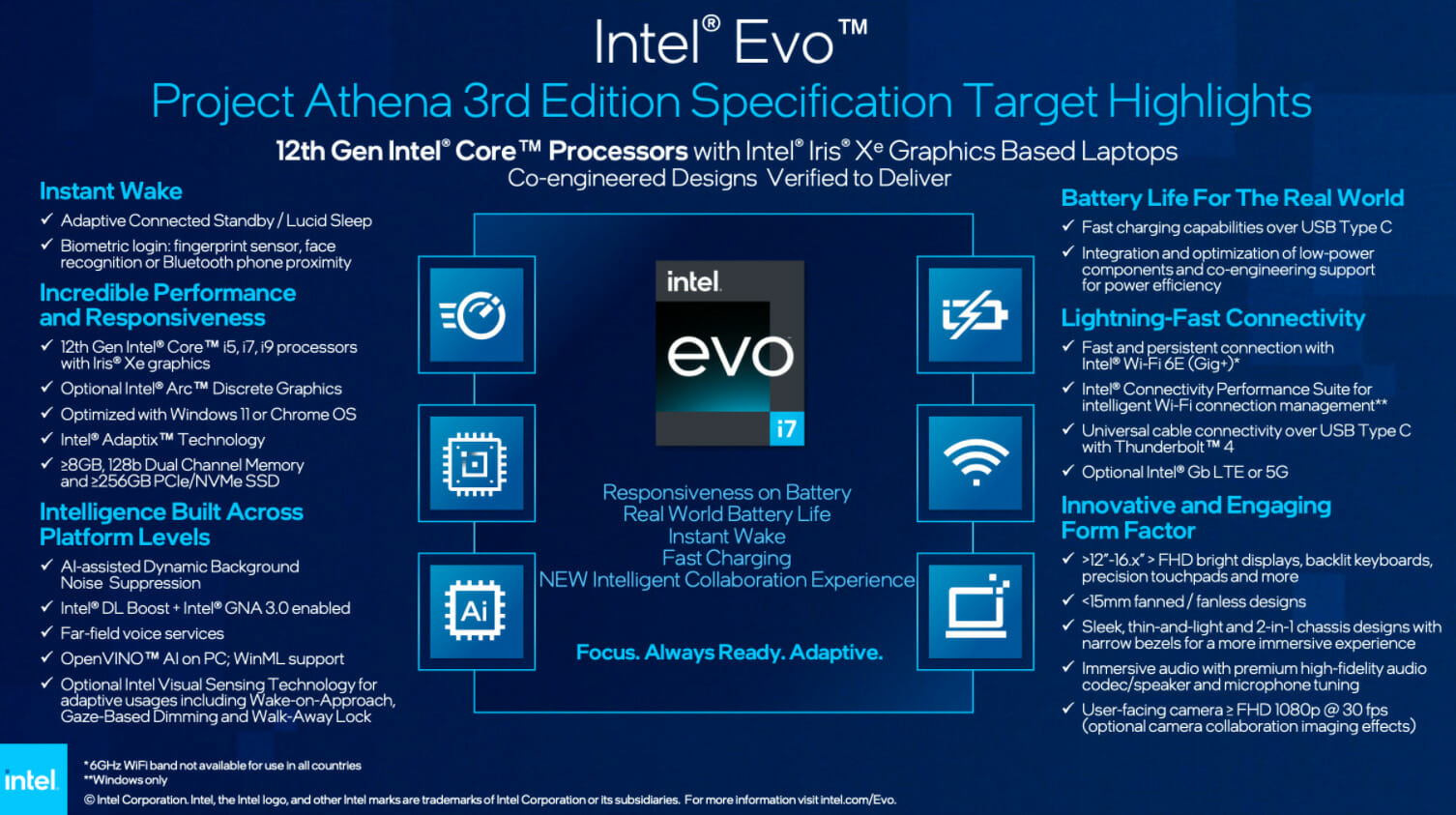

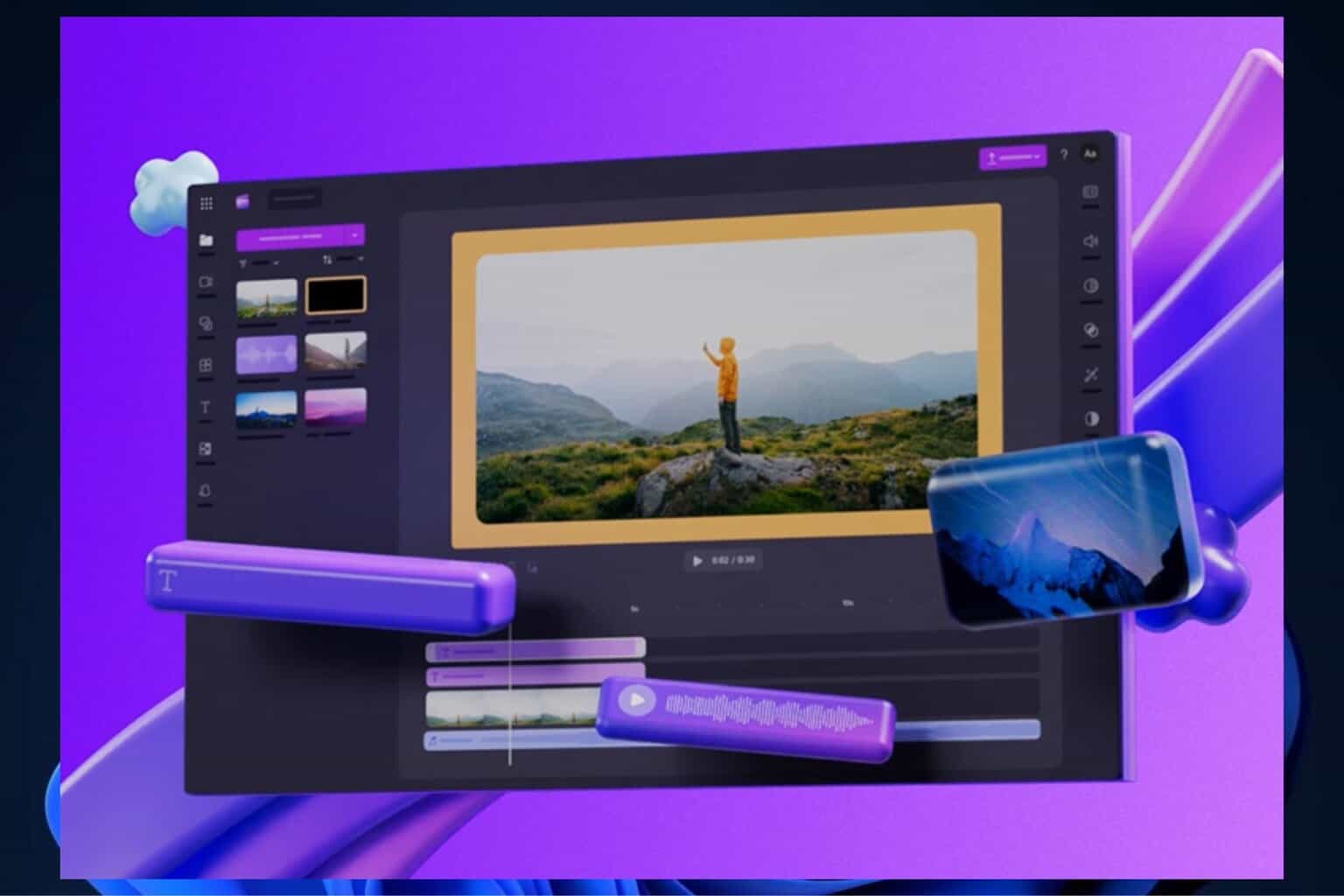
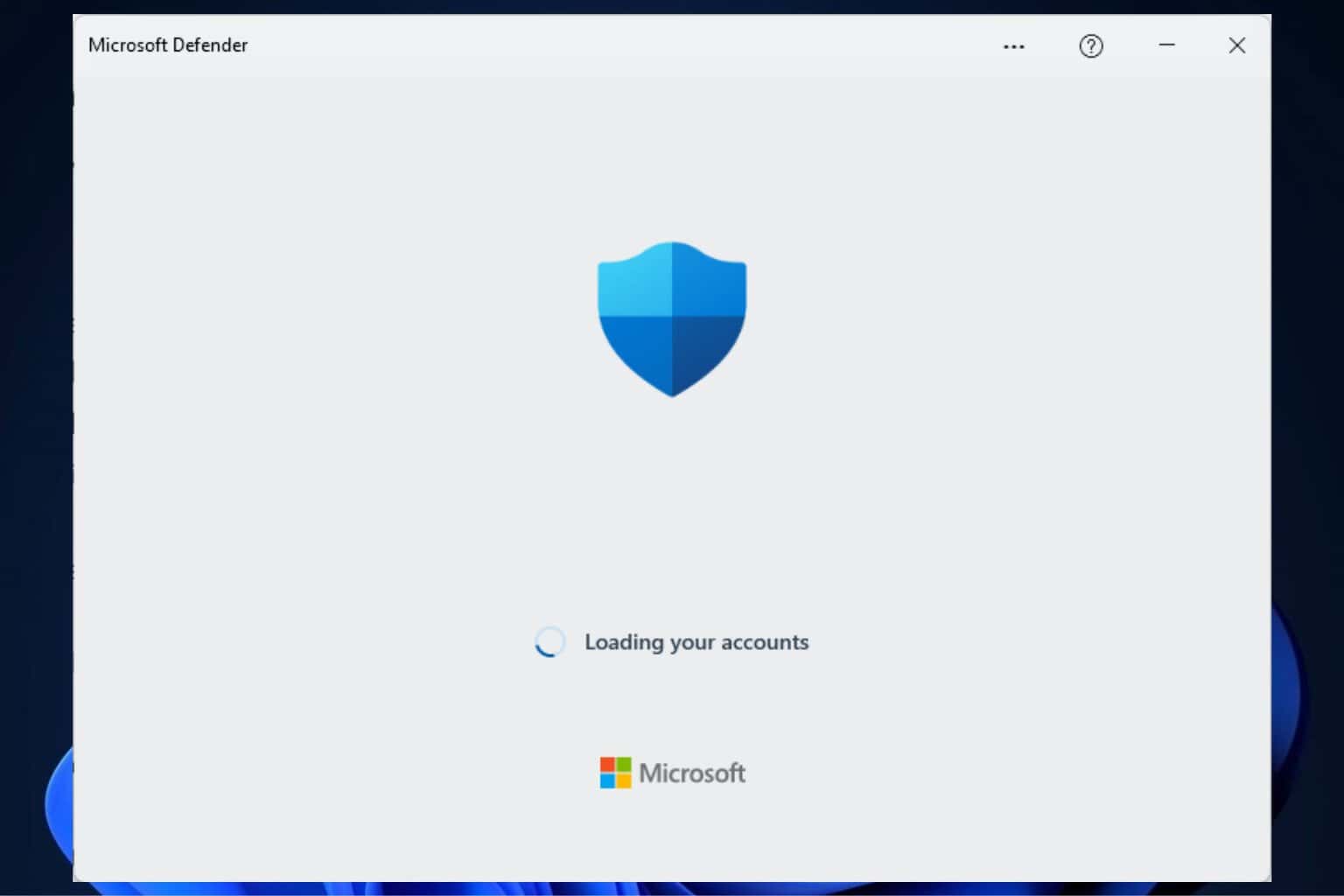

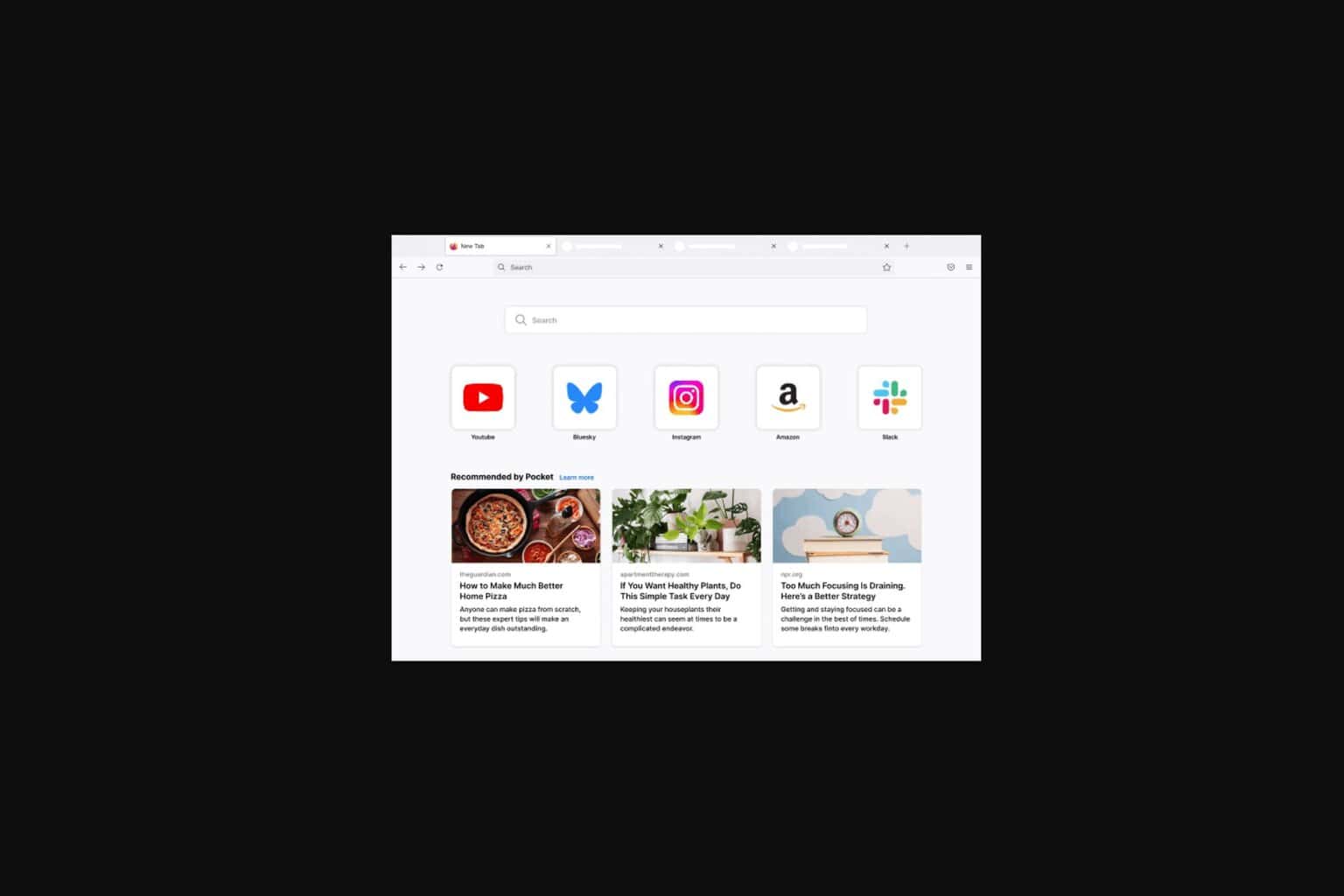

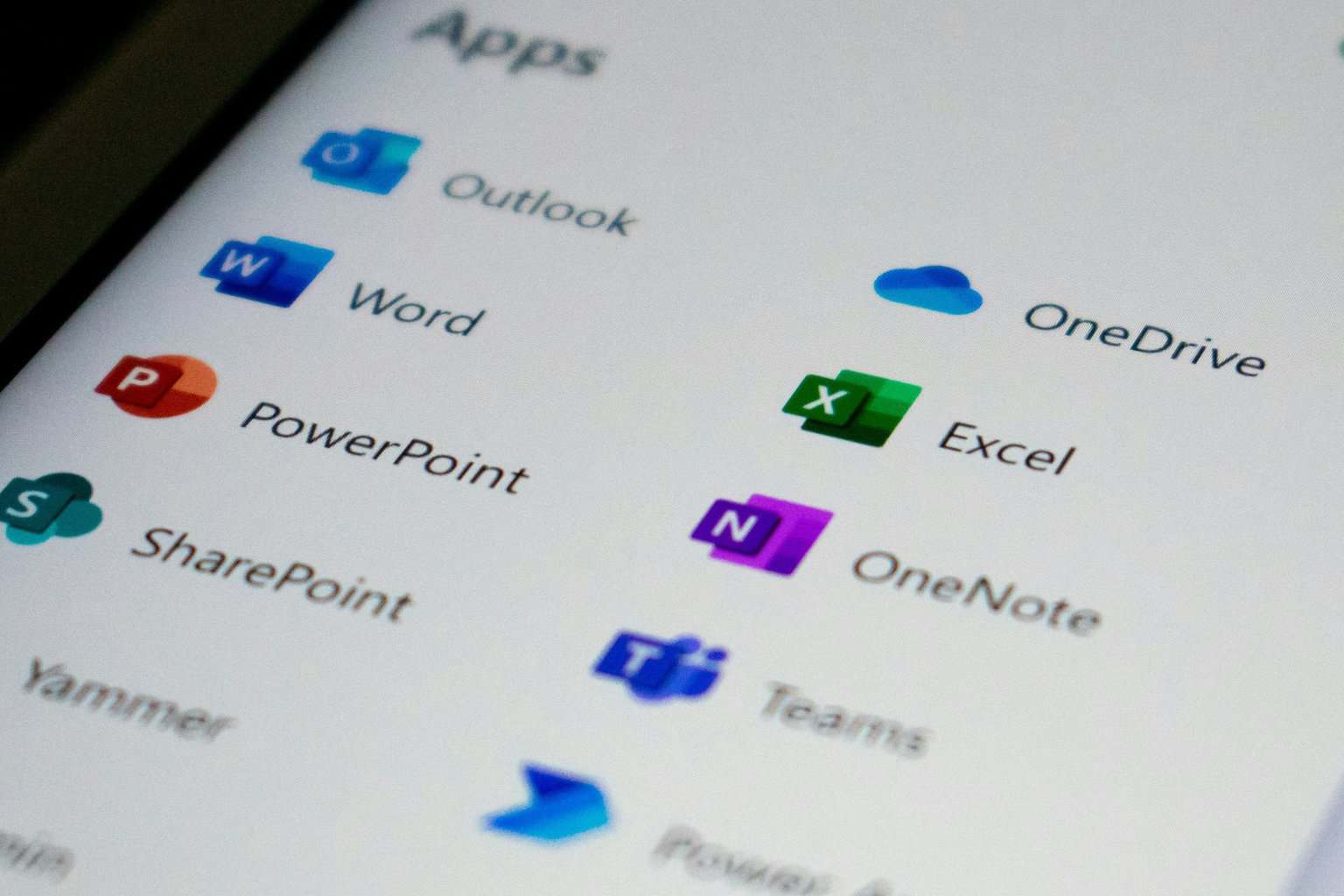

User forum
0 messages